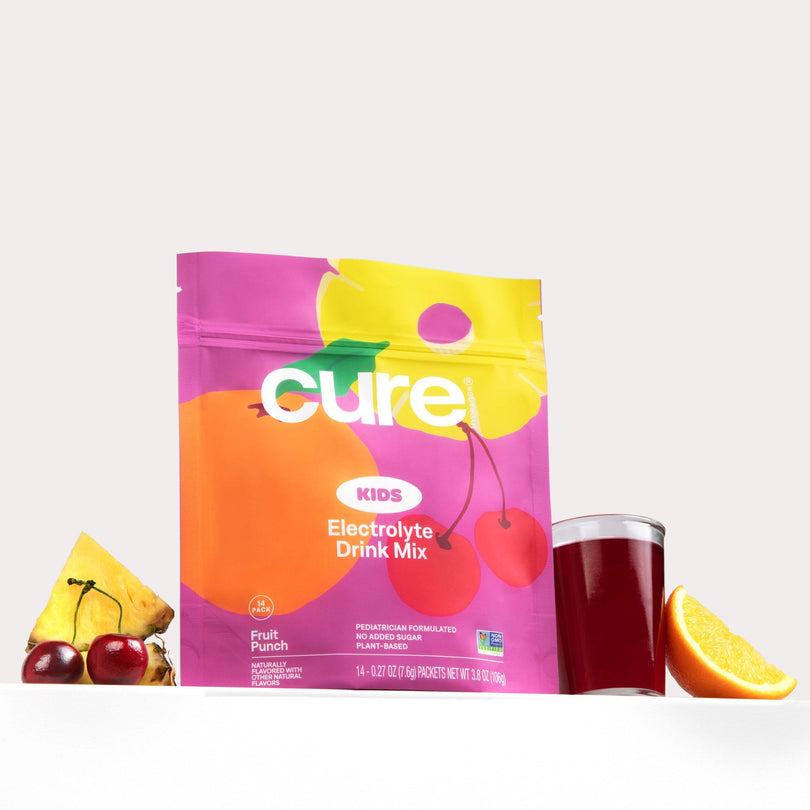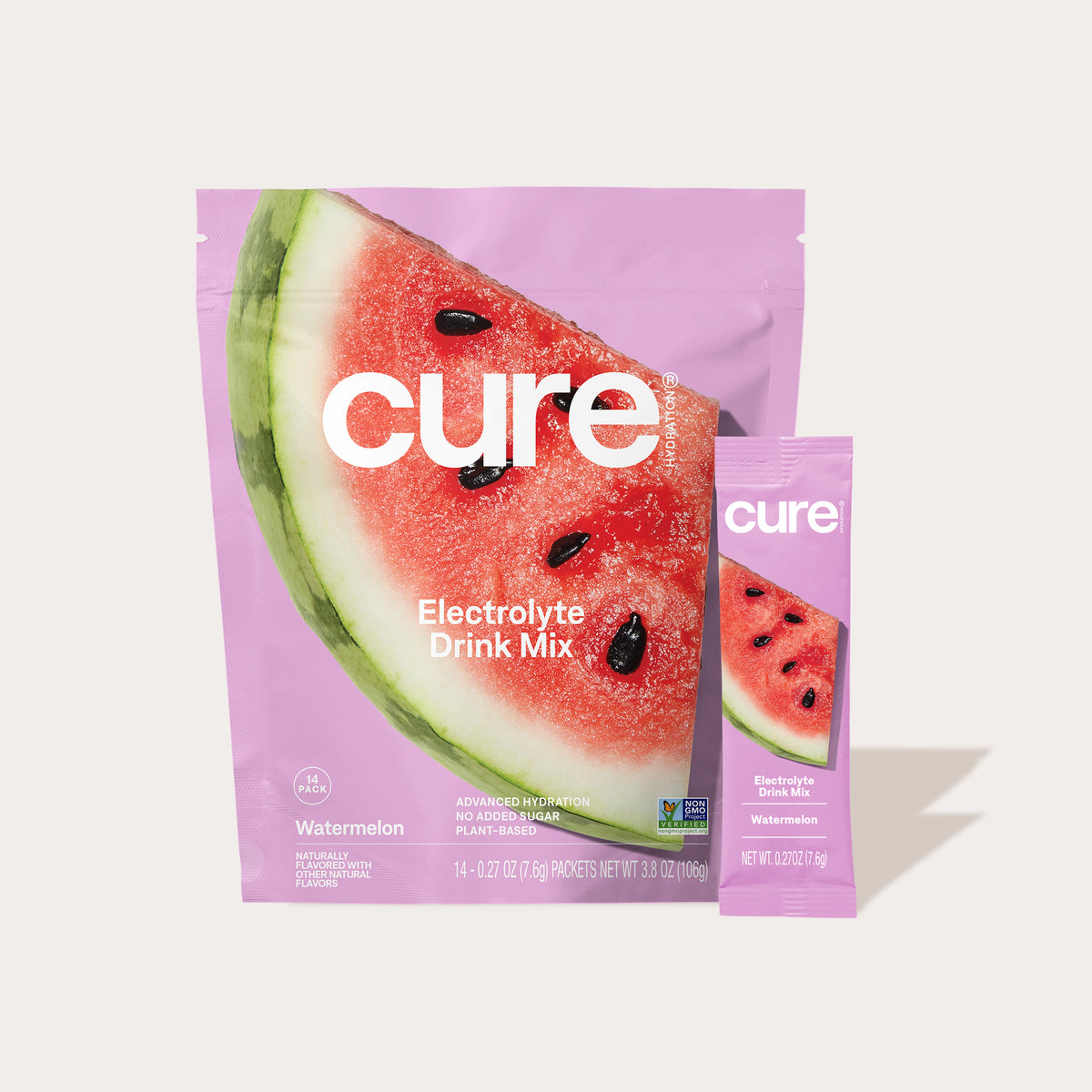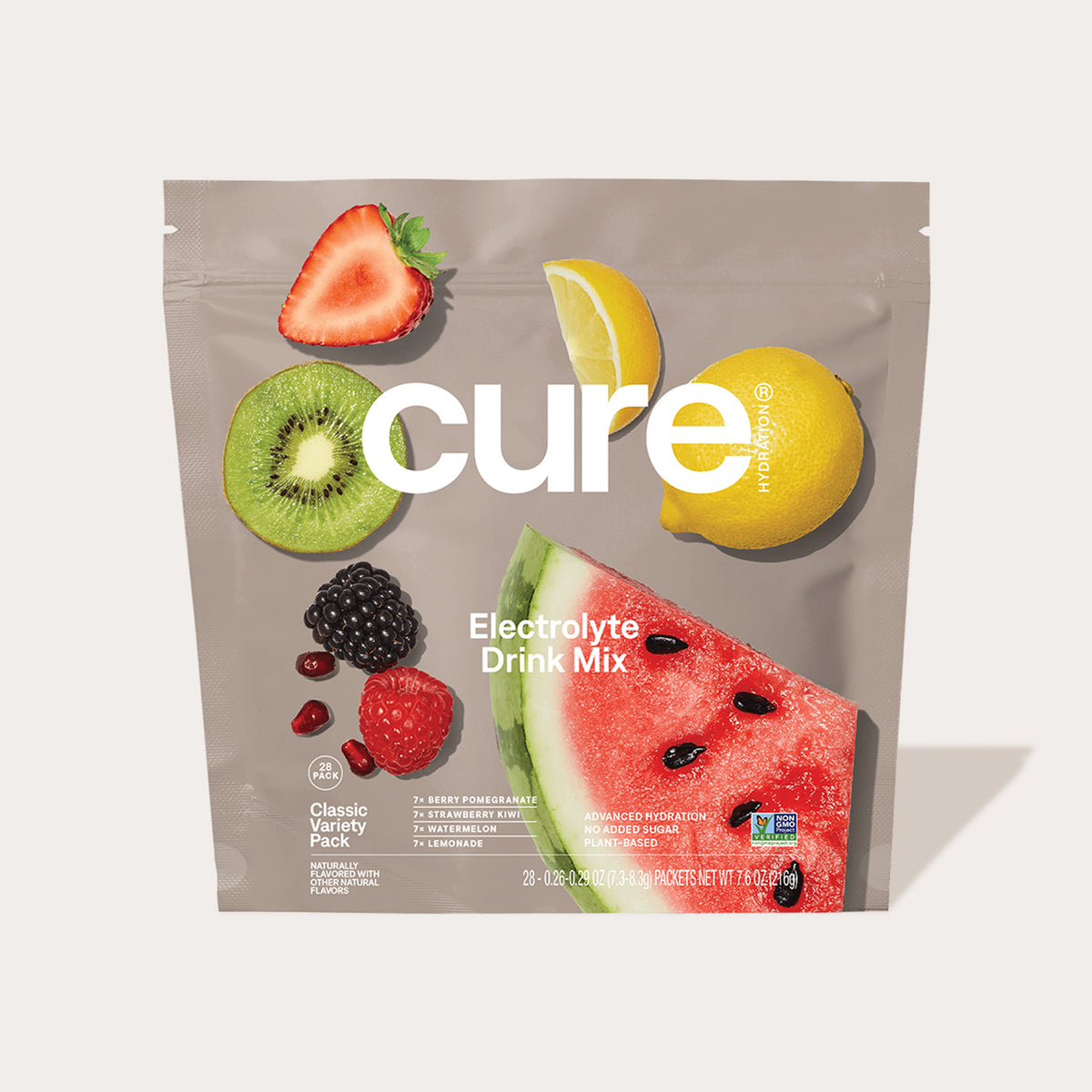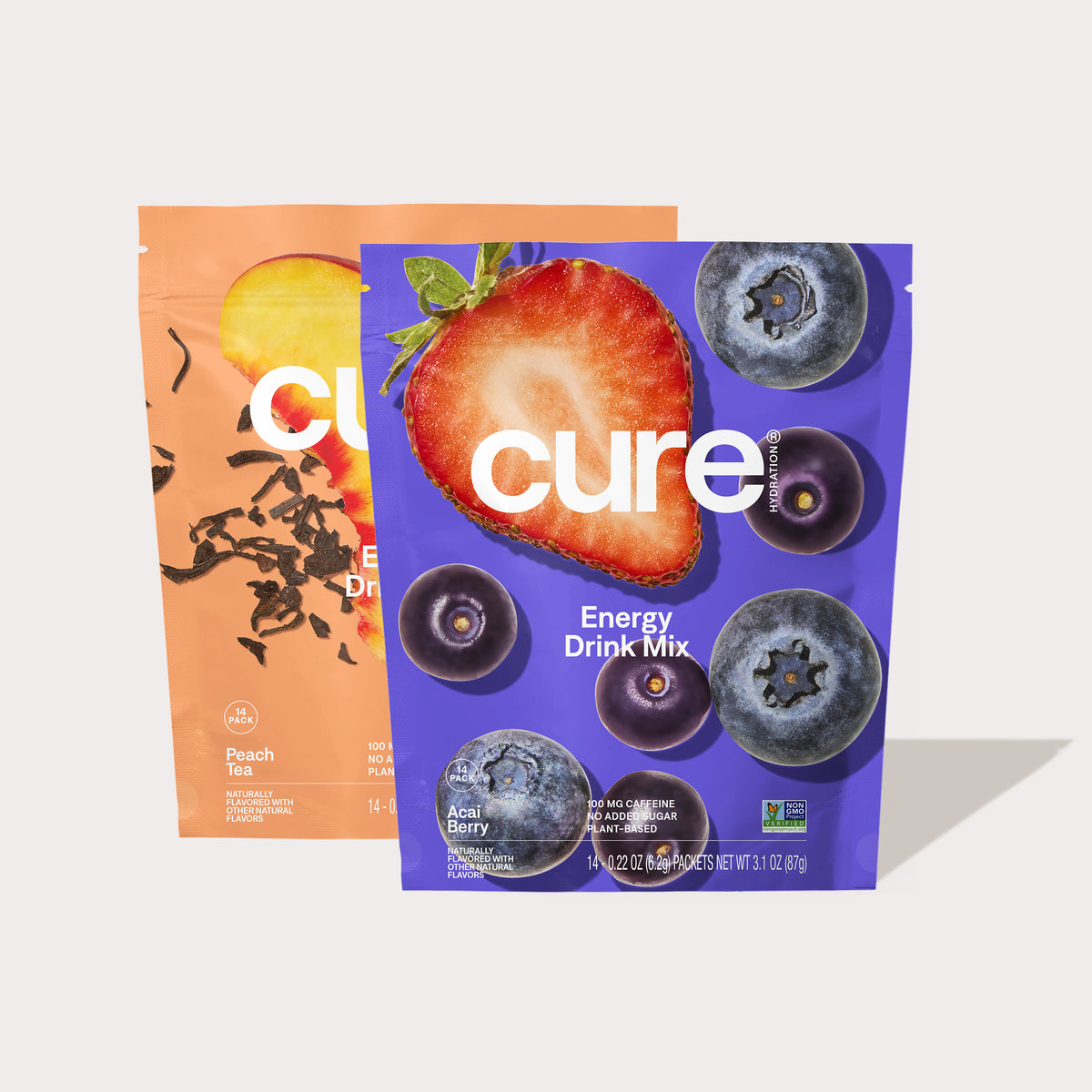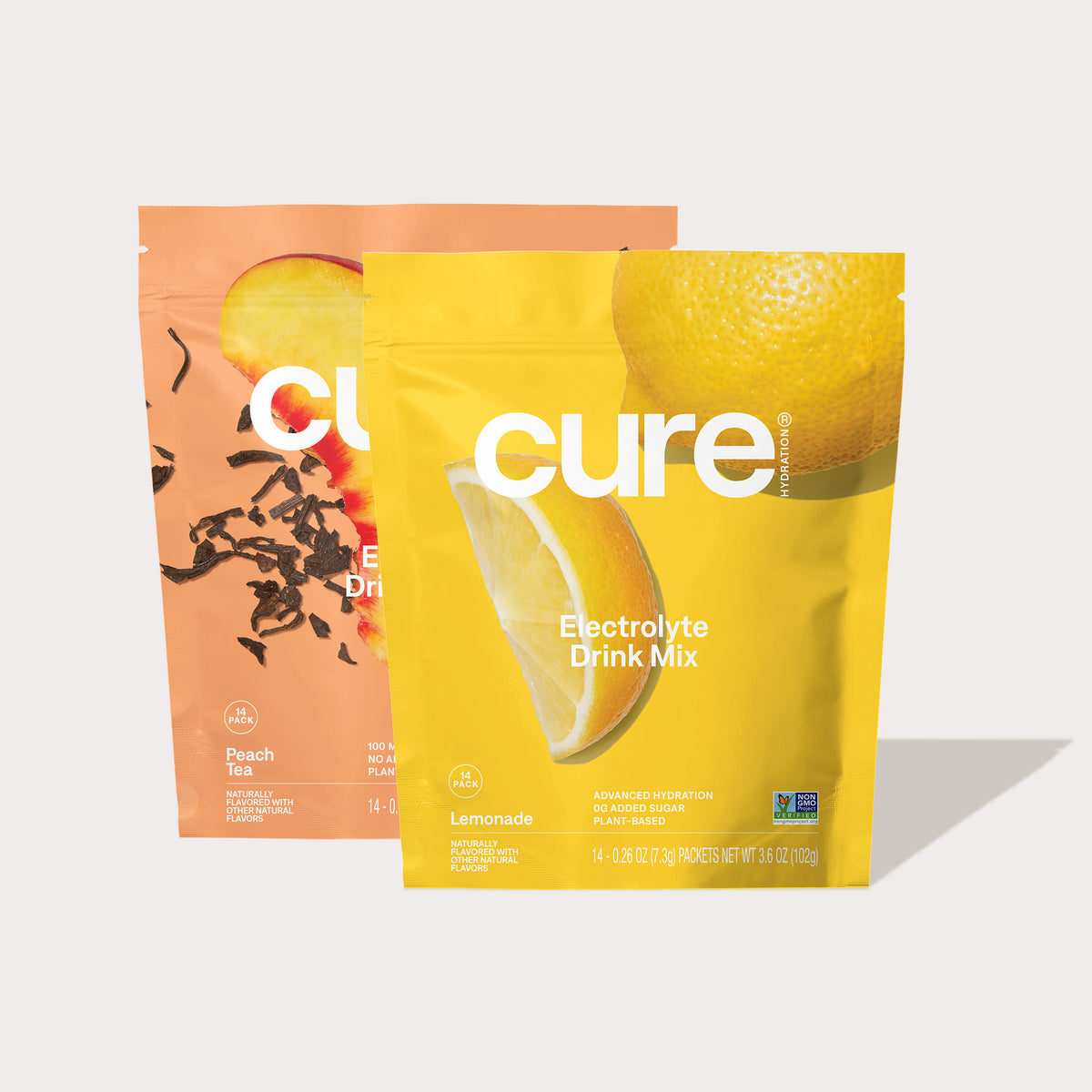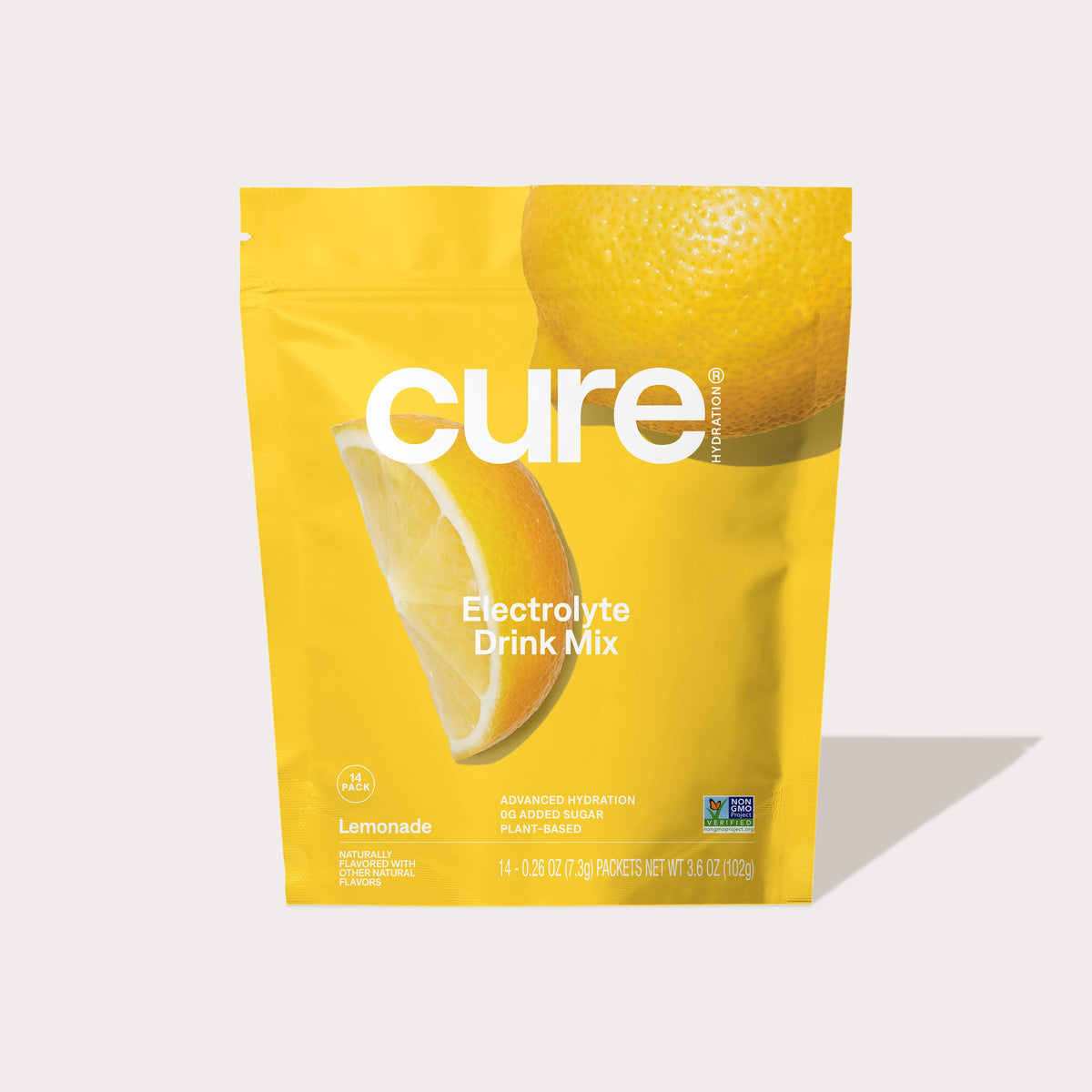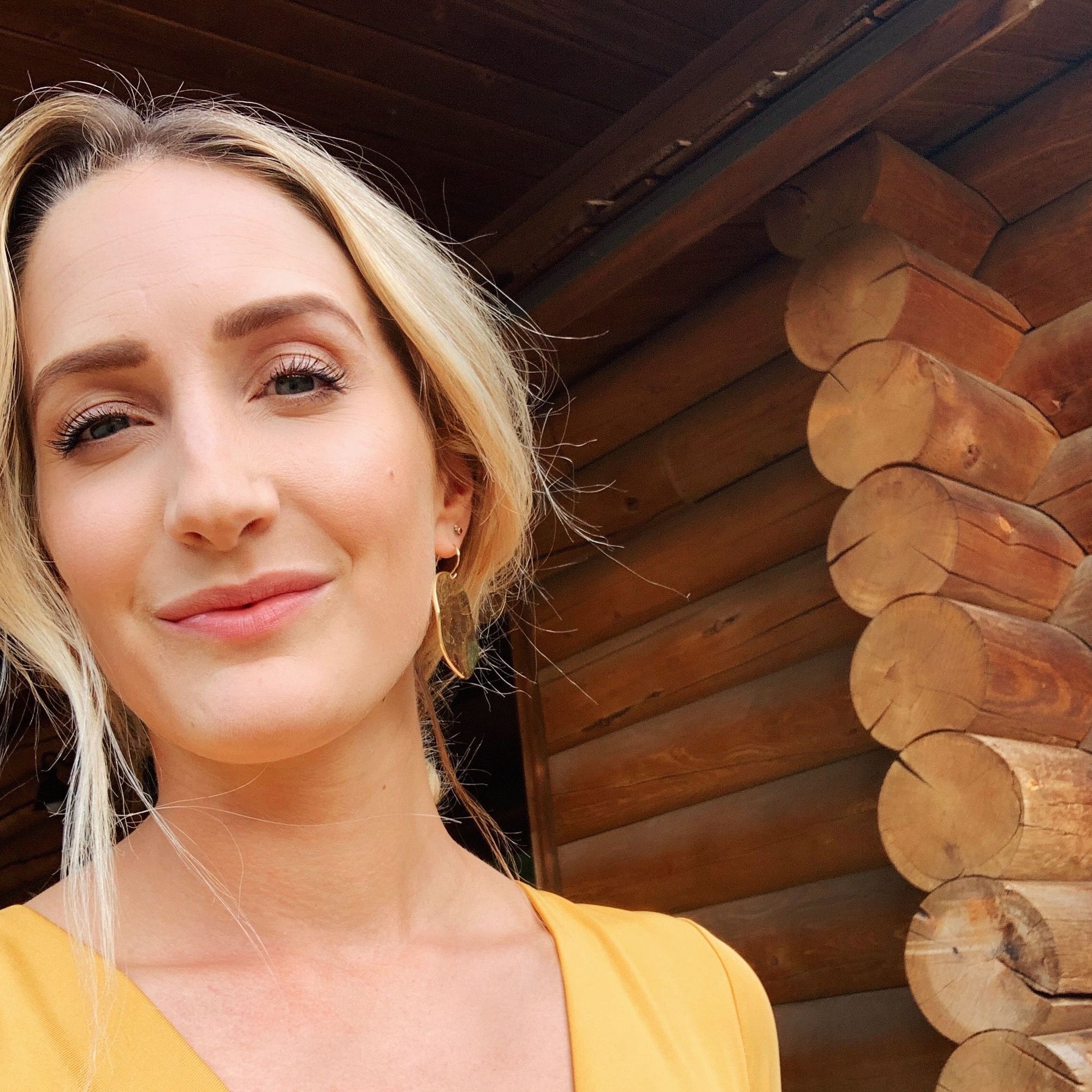How to navigate the final stretch of 2020 after one doozy of a year
It is often said that the last mile of a race is the longest. Your energy is depleted, your legs feel like jelly, your runner’s high has all but worn off, and you still have one more mile to go. So how do you do it?
Long distance runners have all sorts of different techniques and mental games they play with themselves to get over the finish line. Some save their most “pump up” songs for last or even give themselves a pep talk out loud. Brooklyn Track Club captain and Cure ambassador Cara Enright tries to focus on the reason she’s running in the first place. “I remind myself, ‘why did I sign up to do this?’ That helps me get through the most challenging part of the race.”
If 2020 were one big half marathon, mid-December would mark the start of your last mile. And this year was no average race. This was an uphill, wind-in-your-face, wet-sneakers, ran-out-of-water-early, forgot-your-lucky-scrunchie-at-home kind of race. So if you’re feeling tired, it makes perfect sense.
But life actually isn’t a race. It can often feel like one, because we mimic so many elements of a race in the way we live our lives — competition with others or ourselves, a desire to get to the next milestone — but if we were to live our lives like that, we would miss some of the best parts.
We spoke with clinical psychologist and Assistant Professor at Ferkauf Graduate School of Psychology, Dr. Jordan Bate, to see if she could offer us some helpful mental reminders as we close out one of the wildest years of our lives.
Stop and ask yourself: “Do I have to be doing it all?”
The end of the year is stressful for many reasons — the holidays, family time, frenzied gift shopping, wrapping up work projects — it all happens in the “last mile.” So if you’re feeling overwhelmed by everything you need to do, Dr. Bate says to “pause and ask yourself, ‘Do I have to be doing it all?” Look at your long to-do list, and be really honest with yourself about what you can feasibly accomplish, what’s urgent, and what can wait.
Find your moments of gratitude.
Dr. Bate asks, “do we want life to be something we just survive?” If we can’t find our moments of gratitude, then we’re always looking to get to the next thing. She suggests bringing your awareness to anything that makes you feel grateful, no matter how big, small, or fleeting it may feel.
Celebrate your wins even when they don’t feel like wins.
This year many of us had goals sidelined, weddings postponed, and opportunities lost. We may look back and feel disappointed with how our expectations and reality did not align. Dr. Bate suggests rethinking what we consider an achievement. “We are currently living in a very productivity and achievement-oriented society that makes nobody feel good. We think that our year is only worthwhile if we’ve achieved or produced certain goals. But we have to seriously reconsider what values we want to define us.” It’s normal and valid to feel disappointed, but don’t discount all you have managed to do in this unprecedented year. Give yourself kudos for how you have adapted to change and circumstances outside of your control.
So as you stare down those last weeks of 2020, the last mile of a long and difficult race, remember why you embarked on that race in the first place. Remember why you started what you’re doing, be sure that it’s still aligned with your values, and go get ‘em tiger.



